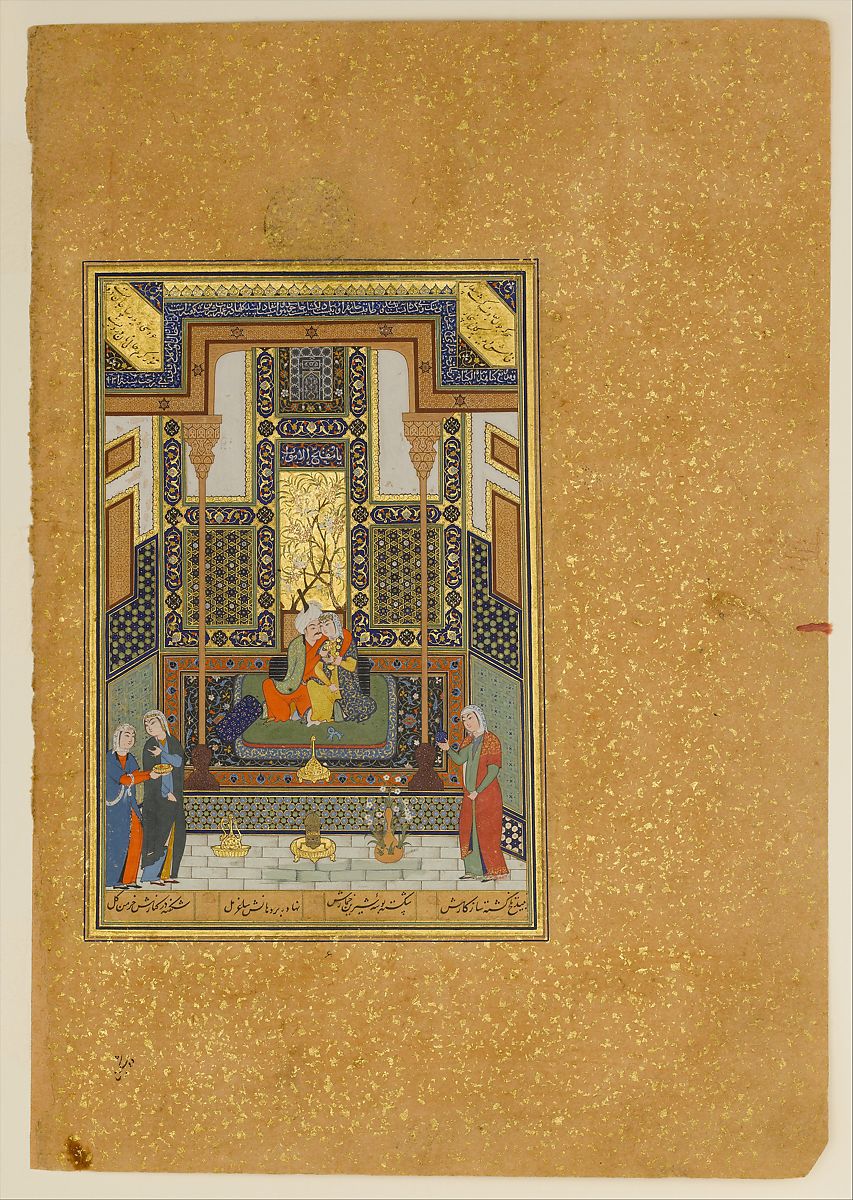FWP:
For background see S. R. Faruqi's choices. This verse is NOT one of his choices; I thought it was interesting and have added it myself. For more on Ghalib's unpublished verses, see the discussion in {4,8x}.
This verse belongs to the 'snide remarks about famous lovers' group; for others, see {100,4}.
The idiomatic expression kyaa ;xaak expresses an indignant rejection of some idea; for another example, see {87,1}. Here, the 'dust' also provides an excellent evocation of Farhad's mad digging.
The commentators maintain that ;xvaab means 'sleep', and refers to Khusrau's heedlessness of his promise to Farhad. But of course ;xvaab also means 'dream', and Khusrau did famously have a very relevant dream. On this see the discussion in {165,4x}, which has a remarkably similar structure and theme.

Asi:
For goodness sake, under that condition what work would be able to be done by the hand and arm of Farhad, if Khusrau Parvez is, with Shirin, absorbed in his 'heavy sleep/dream'! So to speak, the Pillarless [Mountain] is the sleep [nii;Nd] of Khusrau, which confronts Farhad like a mountain. In such a case what work can his hands and feet do?
== Asi, p. 240